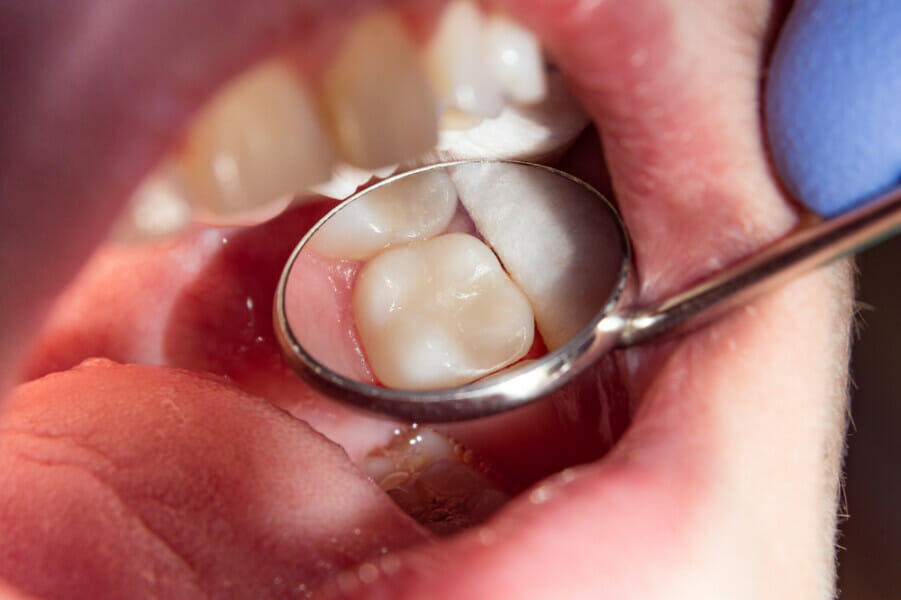All You Need To Know About Dental Fillings
It is essential to prioritize your health as it has been proven to lengthen your lifespan. Leading a healthy lifestyle includes maintaining balanced nutrition, exercising regularly, and scheduling annual checkups with your physician to prevent major diseases like heart disease, cancer, and stroke.
Taking care of your dental health is crucial for overall well-being. Neglecting it could lead to the need for dental fillings. If you are unsure about what dental fillings entail, fret not. This article aims to provide you with valuable insights into dental fillings. You will discover what they are, the reasons you might require them, tips to avoid them, and how to maintain them if you undergo the procedure.
Dental Fillings – What Are They?
Dental fillings involve filling a cavity or hole in a tooth, commonly caused by tooth decay or physical damage like cracks or chips. Dentists determine the need for fillings through a thorough examination using specialized tools or X-ray imaging.
Different materials such as amalgam, composite resin, glass-ionomer cement, gold, or porcelain are used for dental fillings, chosen based on the dentist’s recommendation and patient’s preference and budget. Temporary fillings may also be used in specific situations, like when further dental work is needed in subsequent appointments or during a root canal procedure spread over multiple visits.
Why Would You Need Dental Fillings?
Dental fillings are a primary treatment for tooth decay, preserving the tooth by filling the cavity and extending its longevity. While most individuals will require fillings at some point in their lives due to tooth decay being a common issue caused by plaque buildup, advancements in dental care have improved the chances of retaining natural teeth.
Historically, tooth decay was prevalent, leading many individuals to lose adult teeth and rely on dentures. However, modern dental practices and oral hygiene products have reduced the need for artificial replacements.
How To Prevent Fillings
Effective prevention of fillings involves maintaining excellent oral hygiene habits, including brushing teeth at least twice daily, flossing, and using mouthwash after meals. Regular dental checkups every six months allow dentists to identify early signs of decay and provide deep cleaning to prevent the need for fillings.
How To Care For Fillings
Caring for existing fillings is essential in ensuring their longevity. Avoid deterioration by following proper oral hygiene practices and seeking professional advice. Utilizing a mouthguard to prevent teeth grinding, especially during the night, can protect fillings from wear and tear.
A Dental Care Conclusion
This article has provided an overview of dental fillings, their necessity, prevention methods, and maintenance. Understanding the importance of dental care, particularly regarding fillings, empowers you to take proactive steps in preserving your oral health.
















